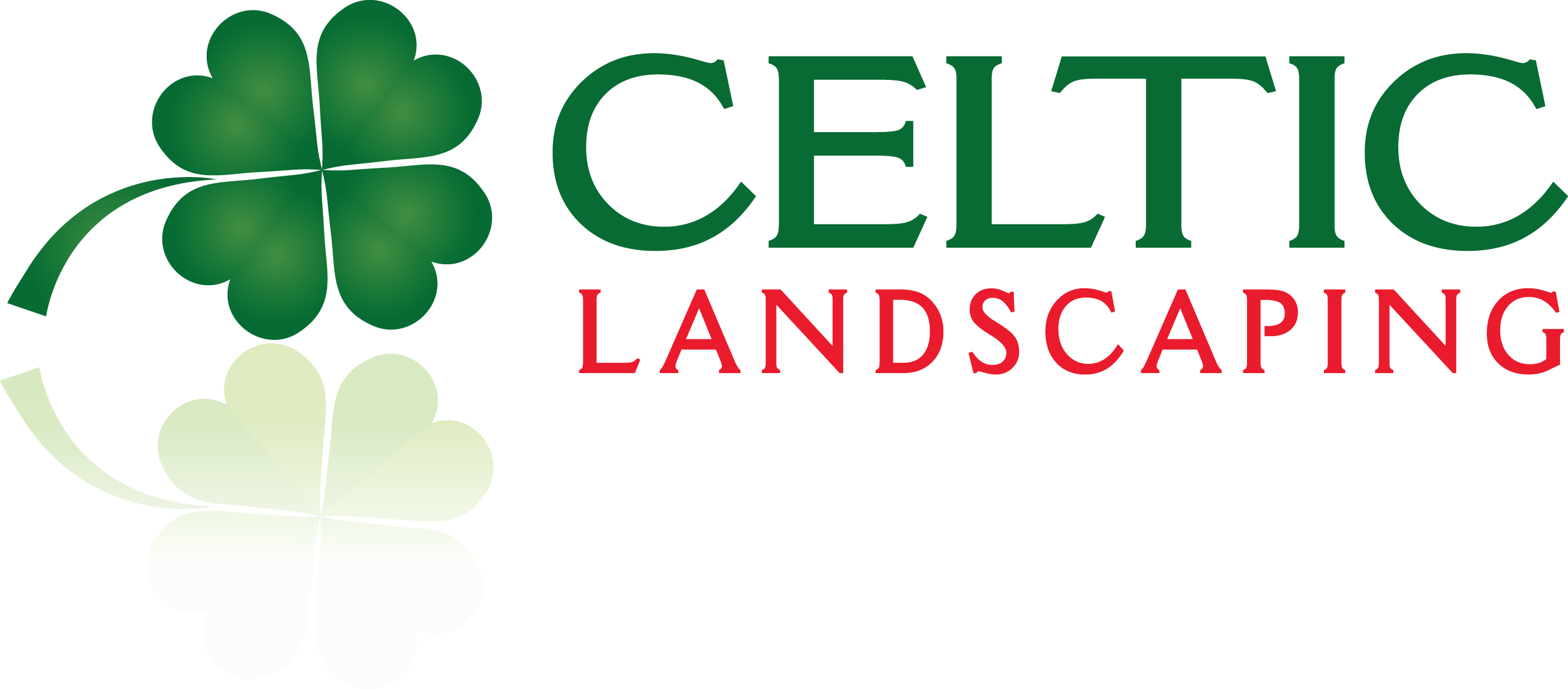 Mulches are materials placed over the soil surface to maintain moisture and improve soil conditions. Mulching is one of the most beneficial things a home owner can do for the health of a tree. Mulch can reduce water loss from the soil, minimize weed competition, and improve soil structure. Properly applied, mulch can give landscapes a handsome, well-groomed appearance. Mulch must be applied properly; if it is too deep or if the wrong material is used, it can actually cause significant harm to trees and other landscape plants.
Mulches are materials placed over the soil surface to maintain moisture and improve soil conditions. Mulching is one of the most beneficial things a home owner can do for the health of a tree. Mulch can reduce water loss from the soil, minimize weed competition, and improve soil structure. Properly applied, mulch can give landscapes a handsome, well-groomed appearance. Mulch must be applied properly; if it is too deep or if the wrong material is used, it can actually cause significant harm to trees and other landscape plants.
Benefits of Proper Mulching
Helps maintain soil moisture. Evaporation is reduced, and the need for watering can be minimized.
Helps control weeds. A 2- to 4-inch layer of mulch will reduce the germination and growth of weeds.
Mulch serves as nature’s insulating blanket. Mulch keeps soils warmer in the winter and cooler in the summer.
Many types of mulch can improve soil aeration, structure and drainage over time.
Some mulches can improve soil fertility.
A layer of mulch can inhibit certain plant diseases.
Mulching around trees helps facilitate maintenance and can reduce the likelihood of damage from weed whackers and lawn mowers.
Mulch can give planting beds a uniform, well-cared-for look.
Trees growing in a natural forest environment have their roots anchored in a rich, well-aerated soil full of essential nutrients. The soil is blanketed by leaves and organic materials that replenish nutrients and provide an optimal environment for root growth and mineral uptake. Urban landscapes, however, are typically a much harsher environment with poor soils, little organic matter, and large fluctuations in temperature and moisture. Applying a 2- to 4-inch layer of organic mulch can mimic a more natural environment and improve plant health.
Not Too Much!
As beneficial as mulch is, too much can be harmful. The generally recommended mulching depth is 2 to 4 inches. Unfortunately, many landscapes are falling victim to a plague of over-mulching or stacking mulch too high around the trunk of trees. Some clients ask us to create “mulch volcanoes” when we mulch their trees, as they want their tree mulch to look like their neighbor’s.
Problems Associated with Improper Mulching
Deep mulch can lead to excess moisture in the root zone, which can stress the plant and cause root rot.
Piling mulch against the trunk or stems of plants can stress stem tissues and may lead to insect and disease problems.
Proper Mulching
It is clear that the choice of mulch and the method of application can be important to the health of landscape plants. At Celtic Landscaping we use only hardwood mulches. If the mulch is dyed, the dues are organic material that is non-toxic to people, animals and plants. We instruct our technicians on the proper techniques for mulch installation and top dressing. If you have any questions about the type of mulch we use, or our methods of application, please contact us for more details.
